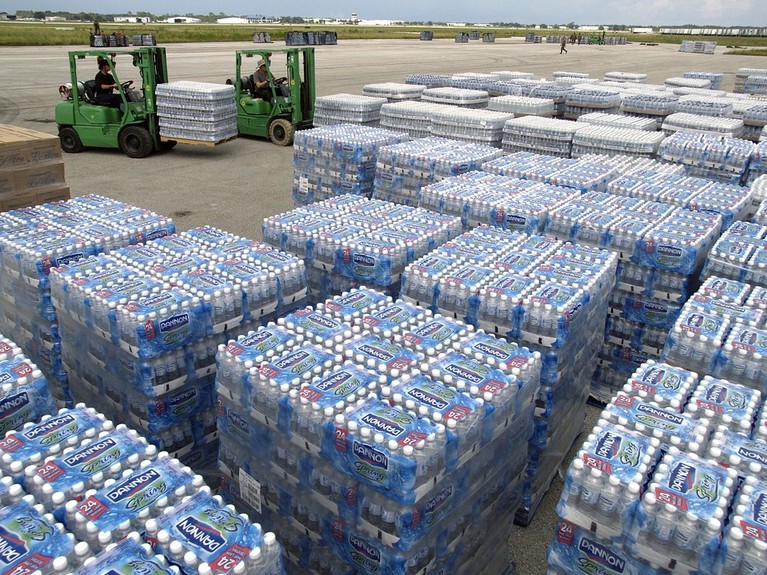
Without a doubt, we have entered a new path and a new era. We are now seeing nature speaking to mankind. For years, we have been outlining that there needs to be a plan, both individually and nationally.
From time to time, particular Third-World countries wait until there is a threat to put a temporary plan in place, and after the threat has passed, they go back to square one. If countries are going to become viable and survive, then we have to change the way we think as well as our modus operandi.
Very shortly, different countries will only be focusing on their own welfare - because every nation will be affected by a disaster of some kind. Third-World countries are often looking to other nations for assistance, and that is a mistake. Flood, famine, food and water will be the focus of every nation and it is critical for Jamaica and other Caribbean and Third-World countries to have an excellent contingency plan - particularly since the water in this region is of such high quality. Water will be gold in a time to come, and the recent hurricanes have already proven that. During the hurricanes, there was a shortage of water and the price of water increased significantly. In fact, there were some instances that the price of water per case was 10 times the original price. So water that sold for US$3.99 per case was being sold for $39.99 per case. Some states had severe water shortage.
EMERGENCY PLANS
It is critical that different heads of states begin to work along with UN bodies - especially the FAO, UNEP, WFP, UNISDR, UNHCR,WHO, UNV - to put effective and proper emergency and response plans in place to save lives. Many countries may think they are safe and that they don't face what another region does. But, natural disasters can happen anywhere and nothing can stop them. They don't need a visa, they don't adhere to regulations, and they don't need permission to occur in a particular place. The nations need to have permanent and mandatory evacuation plans for all those who live in flood-prone areas and those who live close to the ocean or sea. Our seas and oceans are no longer safe and nations are now prone to tsunamis, tidal waves, monsoons, cyclones, typhoons, earthquakes and volcanic eruptions under the seas. This is not just about apocalyptic happenings as we find in Luke 21; but scientists and many countries have been interfering with and testing various weapons and actions in the seas and other areas in our environment which itself has a delicate balance, and now things have become dangerous. Marine life is now threatened and many countries, for the sake of economic development, has interfered with our environment, building in areas they should not.
Nations Now Need To:
- Identify the old riverbeds and courses that have been 'developed' and built on and pull out of those areas. There needs to be intensive 'river training' activities and building of protective walls. More dams need to be built. Food storage must be implemented at both individual and national levels to prevent price gouging, which will lead to famine and starvation.
- Coordinate with churches and other non-governmental organisations to provide support to deal with the spiritual needs of the people. Oftentimes, there is great focus on providing food and other physical amenities, but no attention is given to the mental and emotional toll that disasters have on individuals and as a result, that aspect is neglected.
Serious problems with weather patterns will continue. Tsunamis, earthquakes, flooding, fire, and hailstones will occur. Most geographical areas and landscapes will change. Environmental problems will increase. Food and water will be contaminated because of the high level of activities within the ocean. The fish are not safe, and there needs to be major testing.
There is good and bad that can be found in the midst of a famine, however. Nations and organisations that are properly prepared always have an advantage and will have dominion in times of famine. Stockpiling and logistics are key in moving forward. The question then becomes: Is there enough food, medication or water available globally to deal with a global famine?


